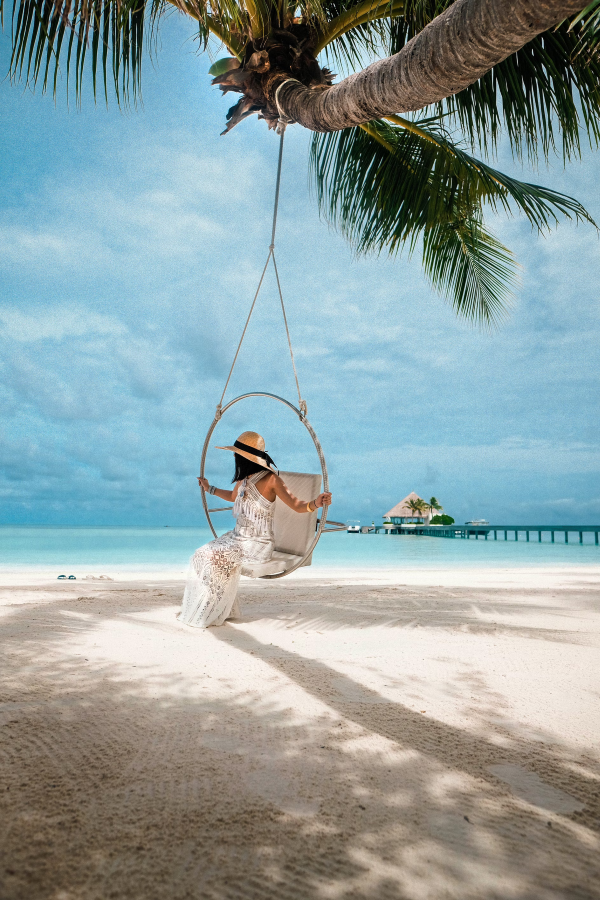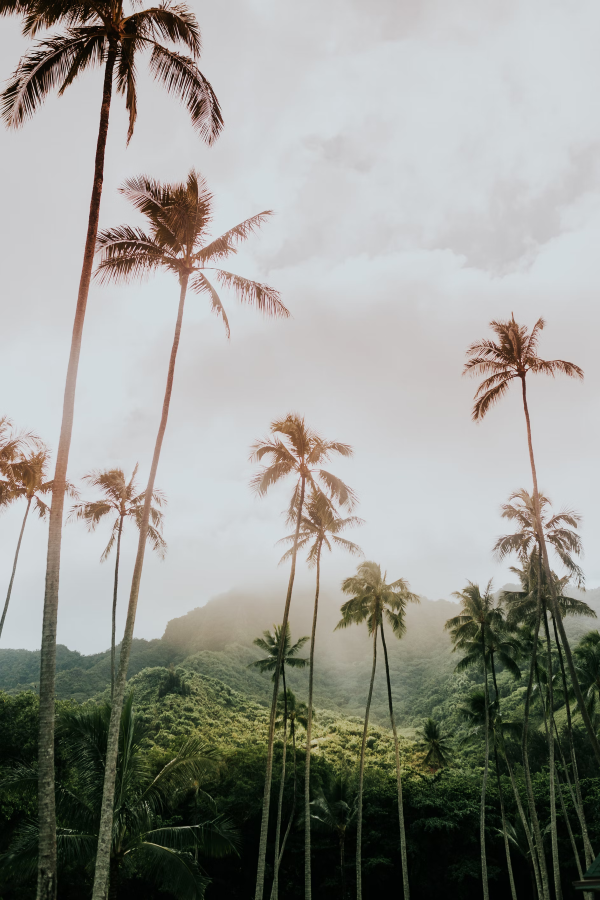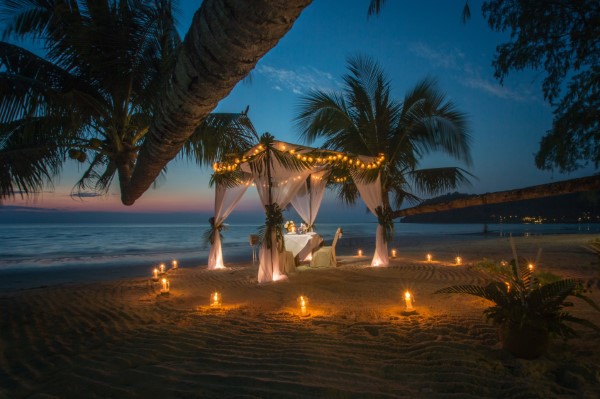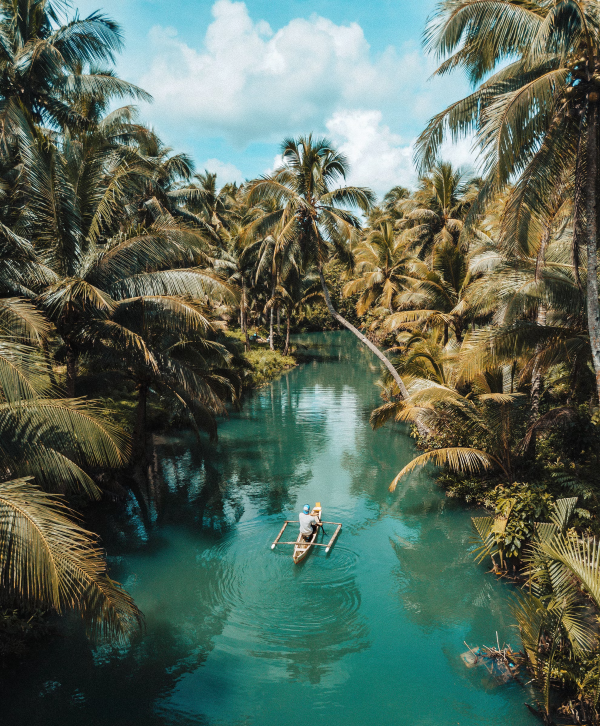Some people sometimes feel the need to see other things and explore the wilderness. Whether rain forests or tropical countries – here we find adventures that we do not know from home. If you are thinking about traveling to a country with very different environmental influences, you have to consider a few things to protect your own health. Here are the top preparation tips for effective health protection when traveling to the tropics.

The risks of tropical countries
No matter where we travel, many other cultures and climate zones have different customs and requirements than we know from Europe. In Asian countries, wearing a face mask in public areas has long been the custom to protect yourself or other people from flu peaks and urban smog. Anyone standing here sniffling in the subway with a cold makes themselves unpopular.
In the tropics there are three things that we have to consider: Dangers from the animal and insect kingdom, common local diseases and the local climate.
These tips will help us be prepared:
Insect repellent
In warm countries, mosquitoes that can carry dangerous pathogens are more common. With global warming, we are now also seeing the development that these are spreading further than usual. We receive information online about the risk areas for dangerous mosquitoes and mosquitoes. Anyone who travels to one of these countries can be infected with malaria, the Zika virus, dengue or yellow fever from the insects there. The right insect protection is therefore particularly important.
We can achieve this through several things. These include:
- mosquito nets
- Puncture resistant clothing
- mosquito repellent and
- personal hygiene

mosquito net
A mosquito net can have a wide variety of designs. In order to be able to cover the bed or other sleeping places with the mosquito net, we mainly use two variants: A net with ceiling attachment or a throw net that can be placed over a person like a tent.
If we have the opportunity to fix the net to the ceiling, then a box-shaped net is worth it. This puts more distance between the sleeper and the net and prevents mosquitoes from reaching the skin through the fabric. A pyramid-shaped net, which can be attached with a Tesa Powerstrip hook, is also suitable for changing locations and unclear sleeping conditions.
Anyone looking for mosquito nets will recognize that they in different mesh sizes (MESH = meshes per square inch). This is important when dealing with certain areas where dangerous insects are smaller than others. However, the mesh size must also remain large enough to ensure air circulation in tropical countries. the WHO guidelines (World Health Organization) look like this:
- Northern areas: 1000 MESH
- Central & Southern Europe: 210 to 230 MESH
- South-East Asia, Africa, South & Central America: 156 MESH
For the latter, it is also recommended that the net additionally impregnated with a mosquito repellentt is
Protecting your health when traveling in the tropics – always keep these tips in mind

clothing
Clothing should cover the entire skin, including socks and closed-toe shoes. This can either be puncture-resistant or impregnated with insect repellent. Since the puncture-proof clothing is usually heavier and warmer, it is often suitable for tropical areas a more airy impregnated variant. However, some people may be sensitive to this drug.
mosquito repellent
Anyone who applies the insect repellent directly to the skin should not rely on home remedies, but the active ingredient DEETor in the case of pregnant women or children under the age of three the drug Icaridin use. The protection is applied 20 minutes after the sunscreen and usually lasts between 6 and 10 hours.
personal hygiene
Exactly why mosquitoes prefer to bite some people is not entirely clear. Parts of it are due to a person’s DNA. Since mosquitoes are attracted to smells, among other things, it helps Mosquito repellent, good personal hygiene and regular change of clothes to take action against it.
vaccinations
Some of the mosquito-borne diseases, such as malaria, but also other diseases that are prevalent in tropical regions, can be prevented by vaccination. institutes like that Bernhard Nocht Institute for tropical medicine Offer Travel medicine consultations and vaccination appointments where it is discussed exactly which diseases need to be considered for a specific goal.
The most common diseases transmitted to travelers in tropical countries, fever infections, diarrhea, malaria, hepatitis A and B (and other liver infections), venereal diseases and typhus. Depending on the goal, we get good coverage for potential diseases by vaccination against:
- cholera
- Coronavirus
- diphtheria
- TBE
- yellow fever
- Hepatitis A
- Hepatitis B
- influenza
- Japanese encephalitis
- poliomyelitis
- meningococcal meningitis
- Tetanus / Lockjaw
- rabies
- tuberculosis
- typhus

travel pharmacy
A first-aid kit should always the individually required medication contain. In addition, basic equipment consists of means against:
- Insect bites & protection
- Sunburn & Protection
- Pains
- Fever
- Gastrointestinal complaints (especially diarrhea)
- (burn) wounds
- eye inflammation
- sore throat & cough
- Sniffles
The basic accessories are bandages, disposable gloves, disinfectants, clinical thermometers, scissors, tweezers and safety pins.
insurances
Before a trip you should take out travel health insuranceto ensure that you can also rely on the advantages of health insurance abroad, which also applies there.
clothing
Tropical countries are hot and humid. Under the age of 20 and after the age of 35, people’s heat tolerance is lower or decreasing. These people must be protected from heat and sun in particular. We achieve that plenty of fluid intake, sun protection clothing and waterproof sunscreen with a high SPF.
One is best light and bright cotton clothing, which also covers arms and legs. This protects you from UV rays and mosquitoes. Socks and closed-toe shoes are also recommended. You should also make sure not to be out and about during the strongest periods of sunshine and heat.
Conclusion
Tropical countries offer us a lot – from breathtaking landscapes to a culture to explore. If you want to travel to a tropical country, you should take a few precautions. Travel health insurance protects us in the event of illness while travelling. We can protect ourselves from bites with the right clothing, mosquito repellent and mosquito nets. Clothing is also crucial for protection from the sun and heat. We must also consider effective sun protection. Last but not least, vaccinations and putting together a first-aid kit prepare us for illnesses.
Important health protection in tropical trips and not only





